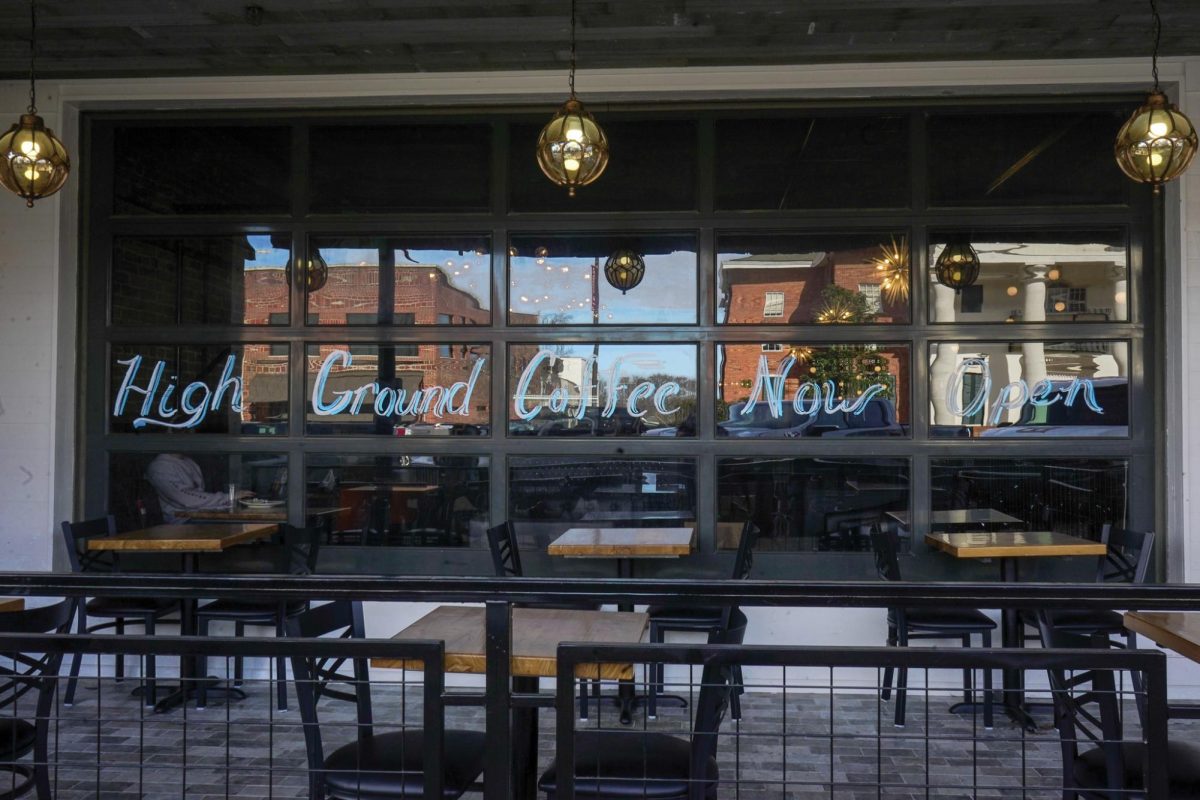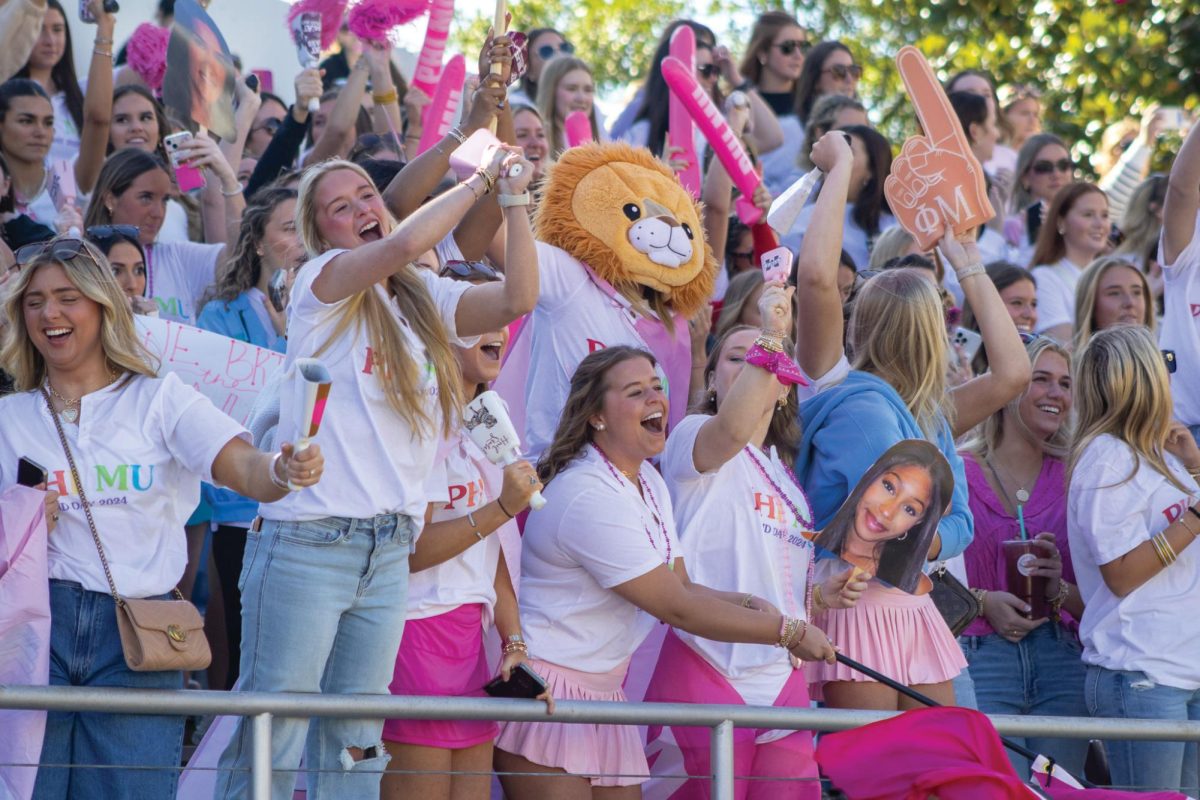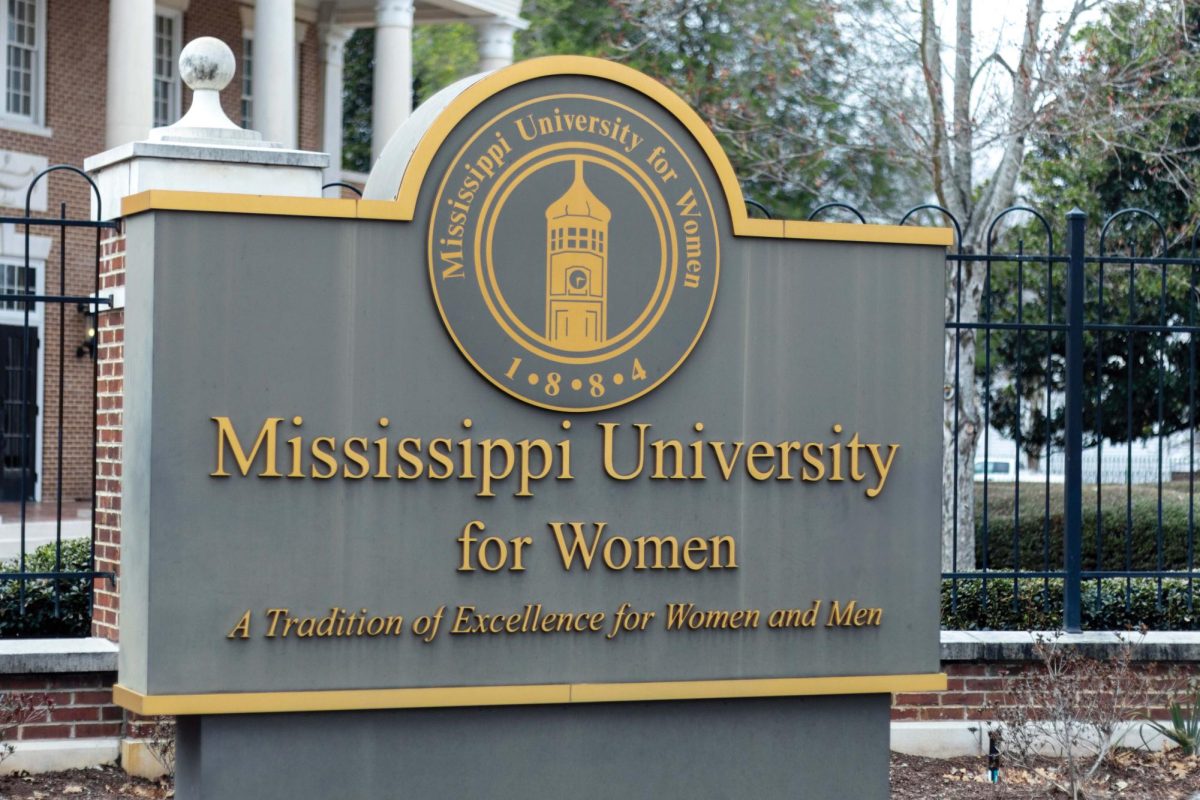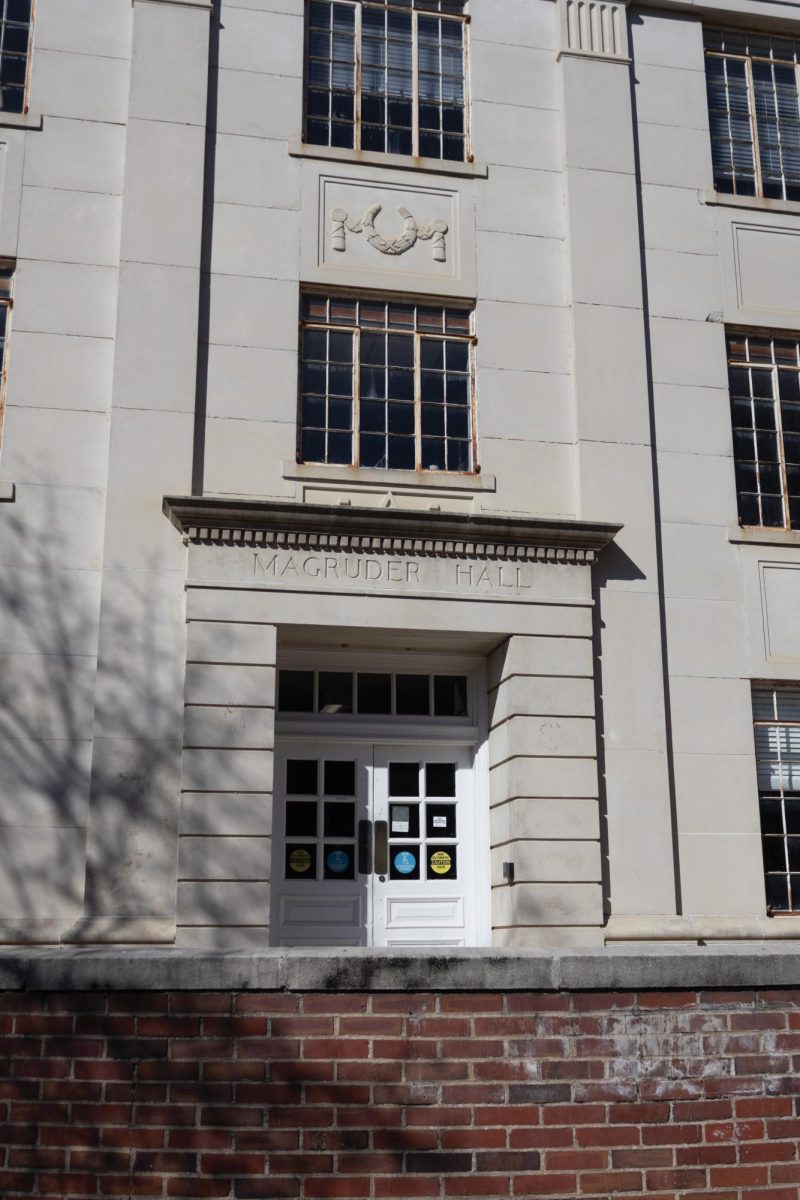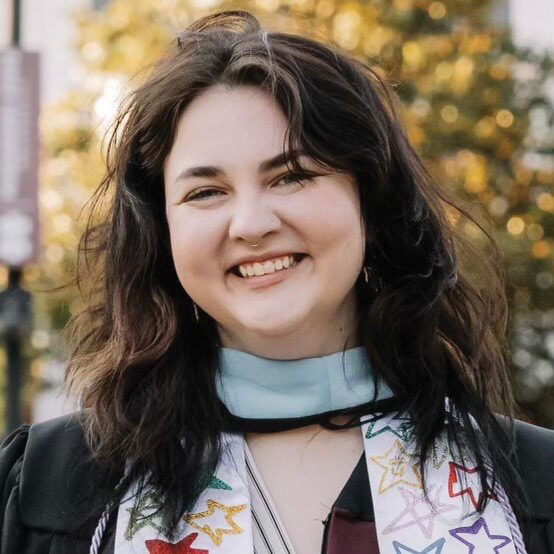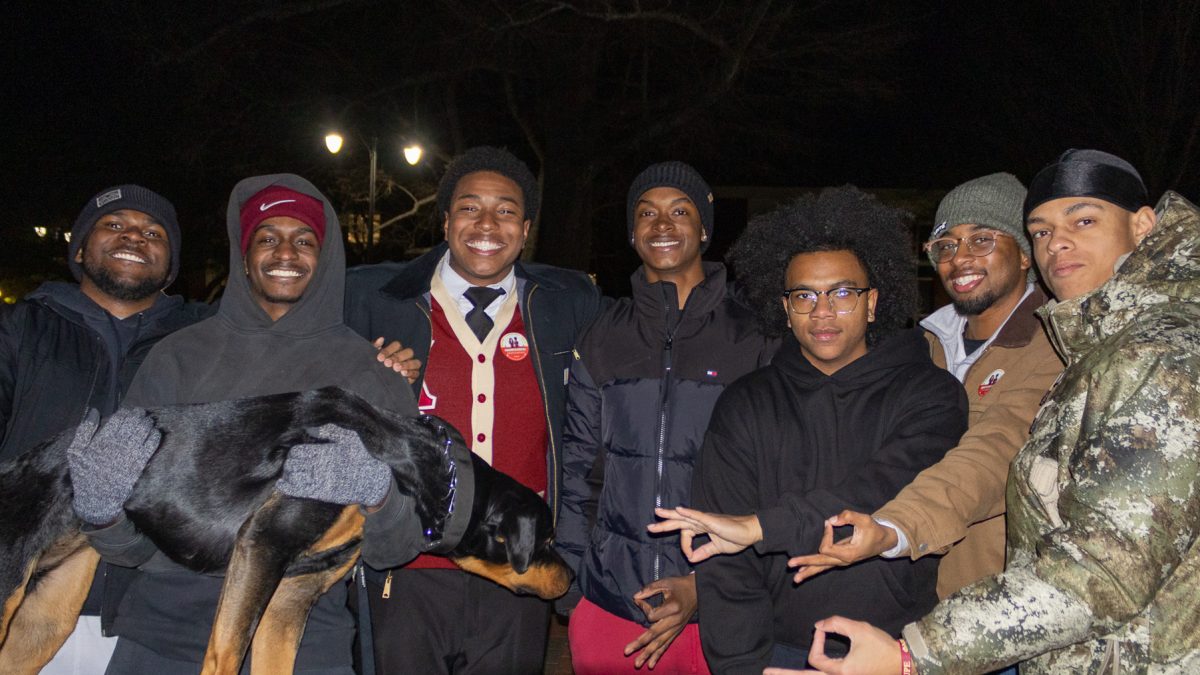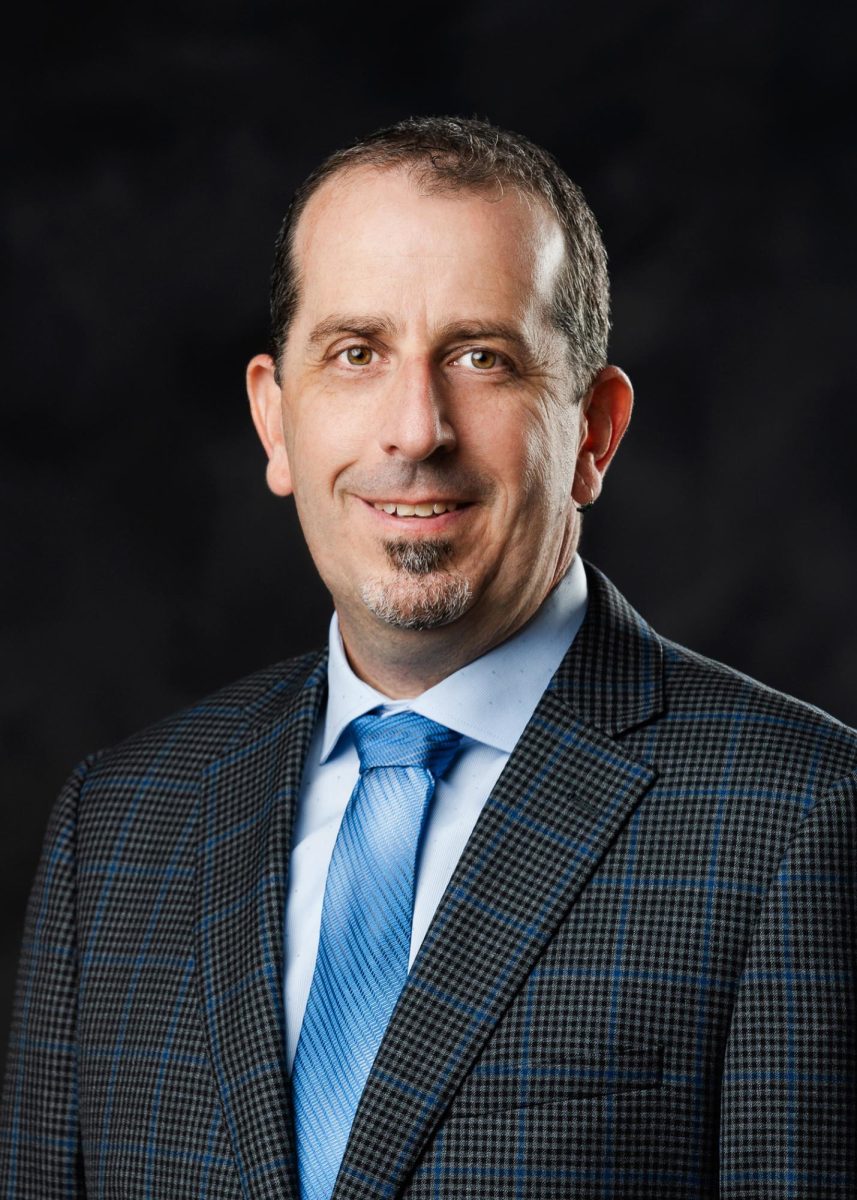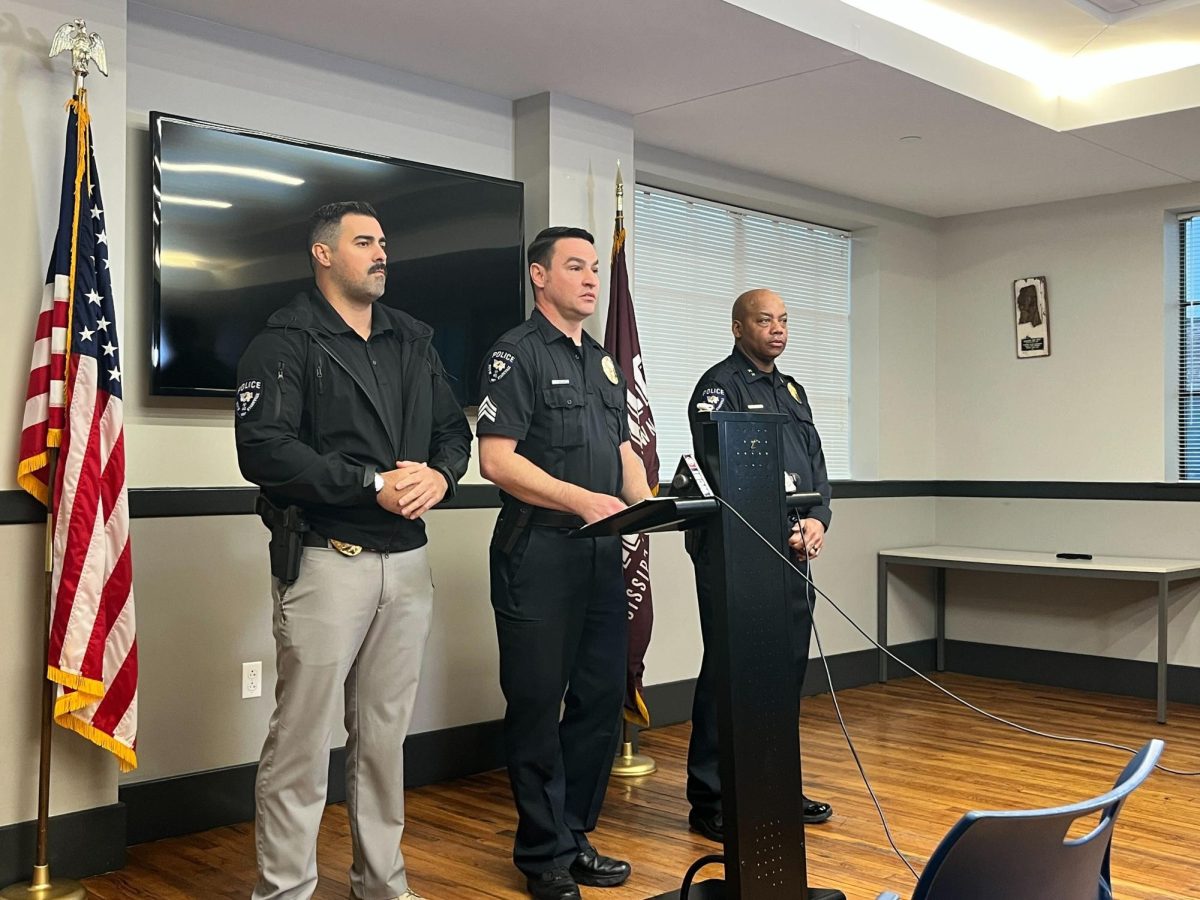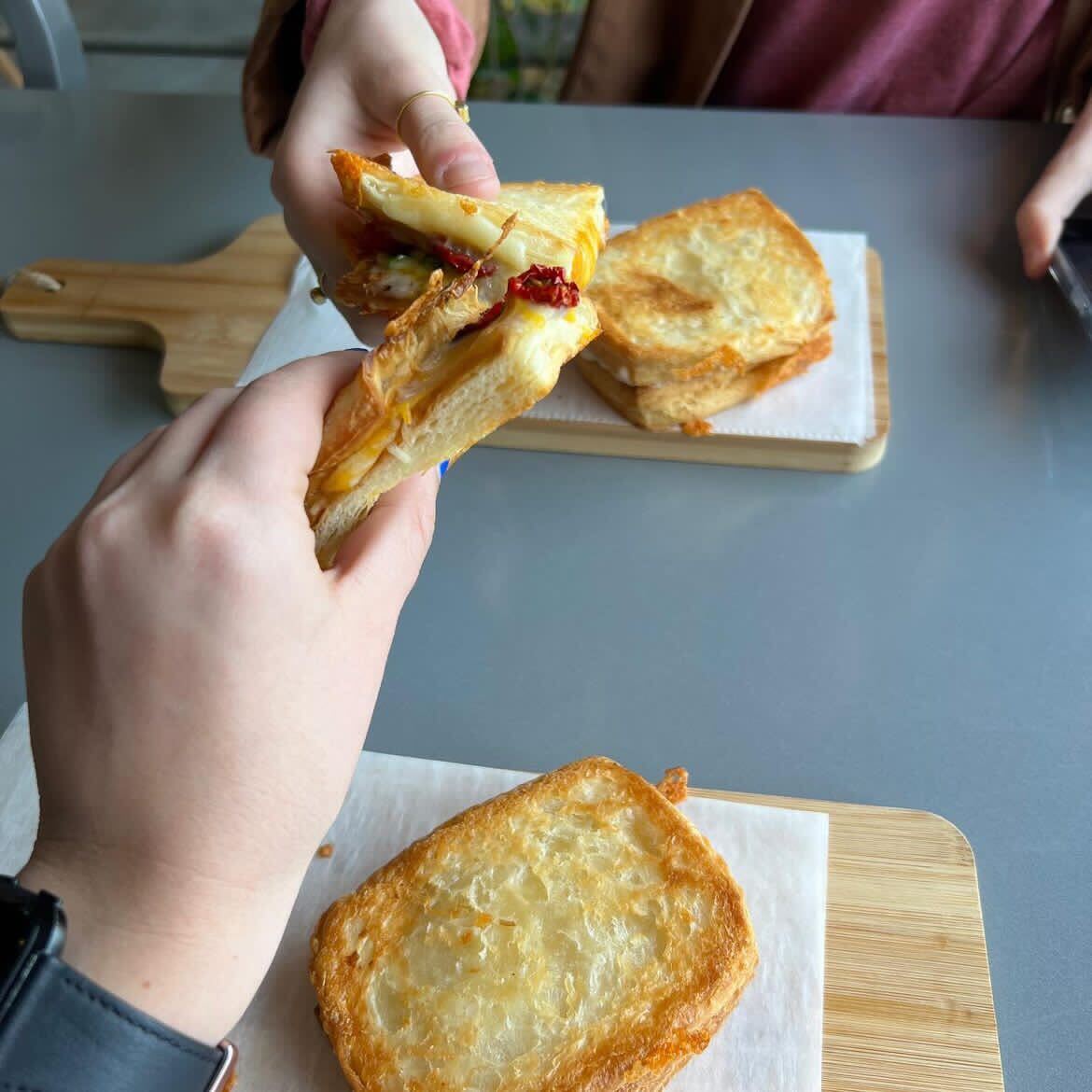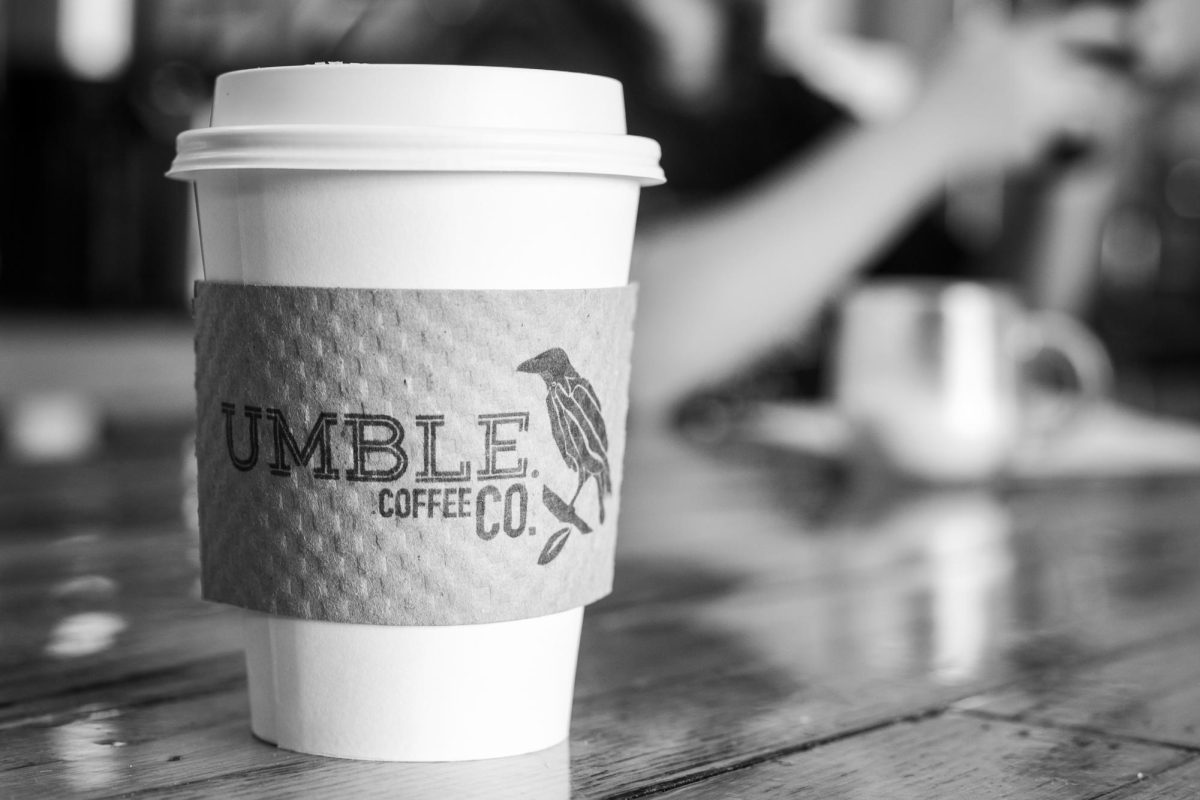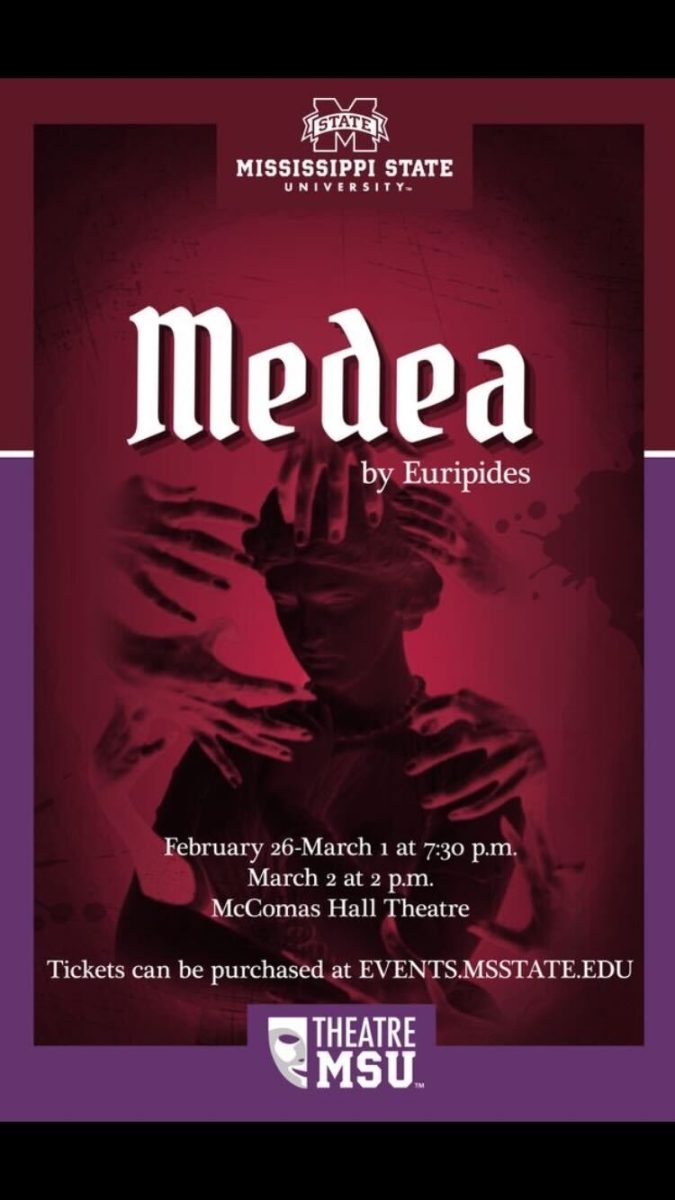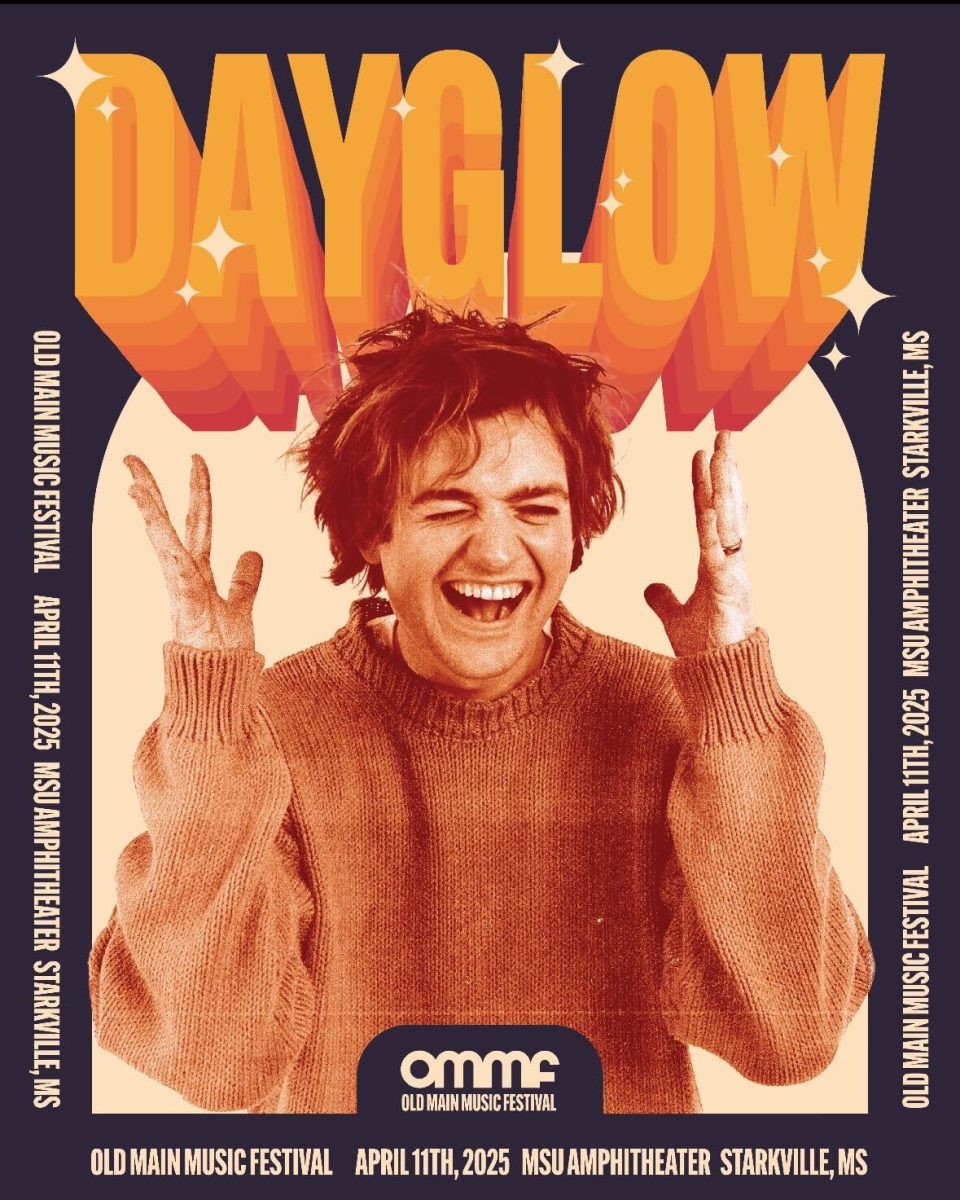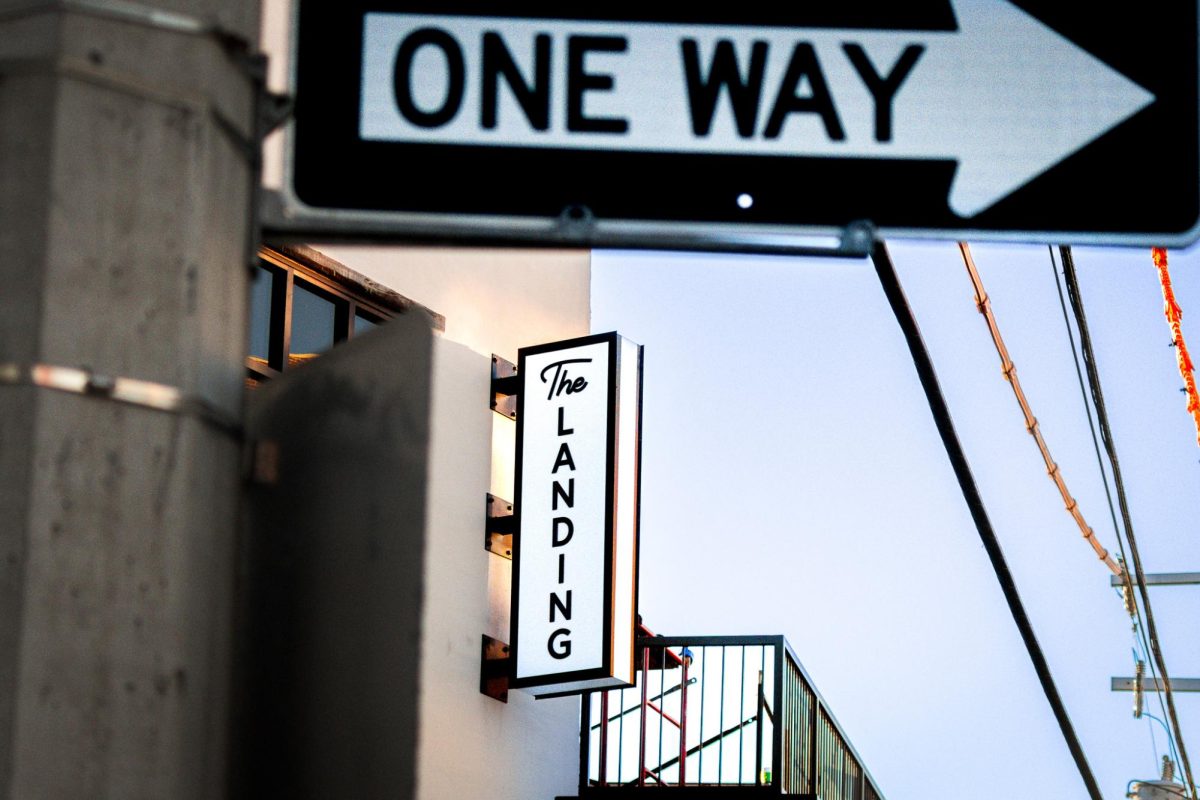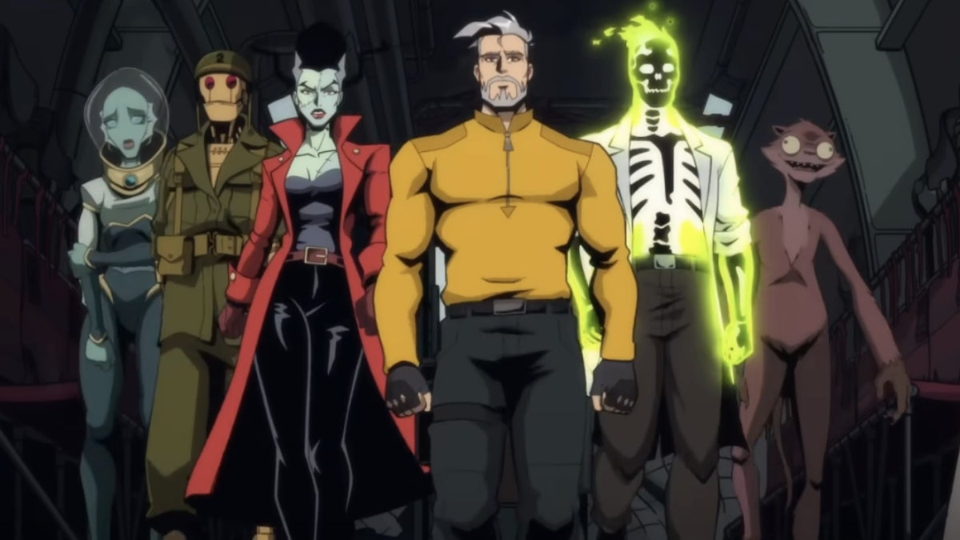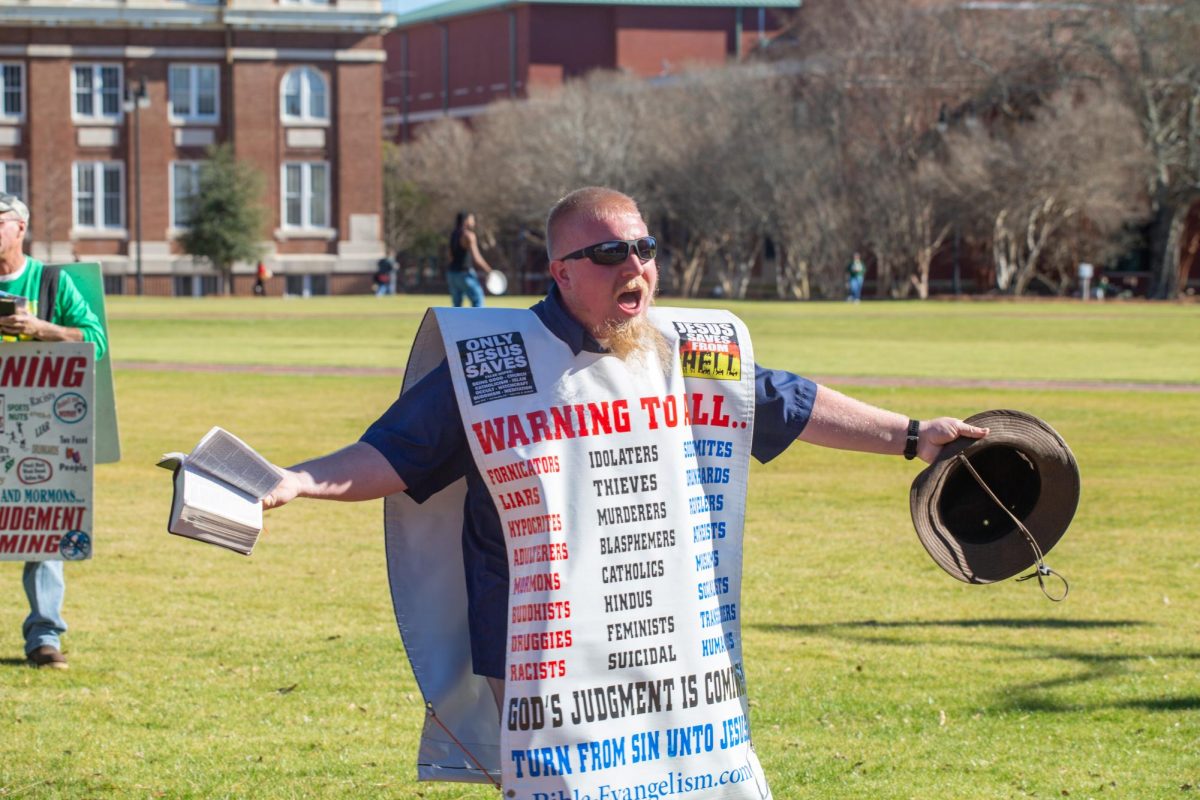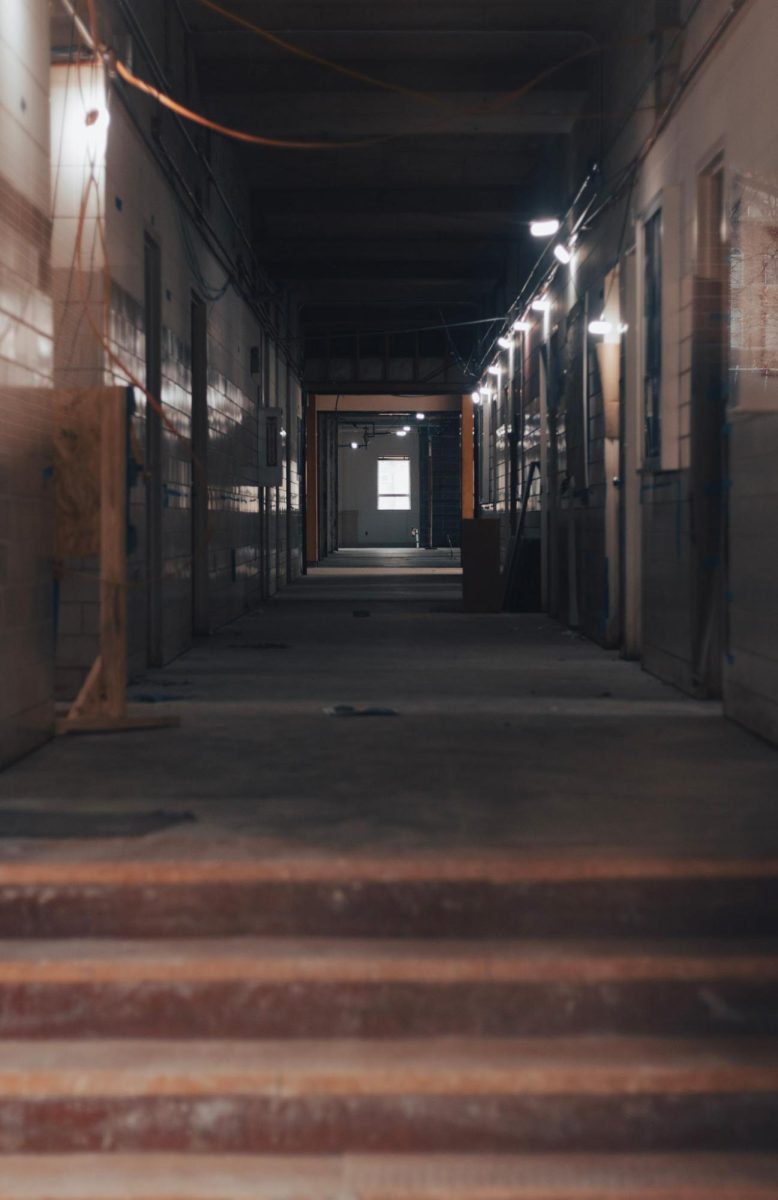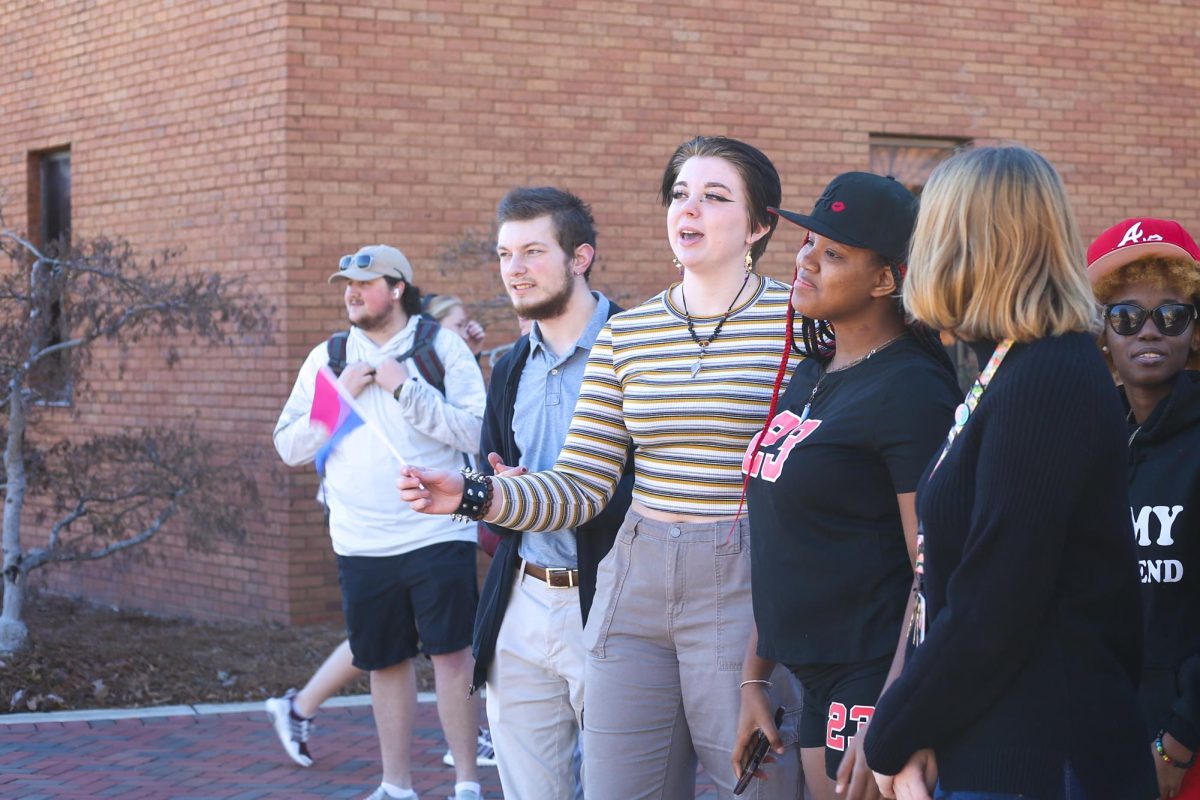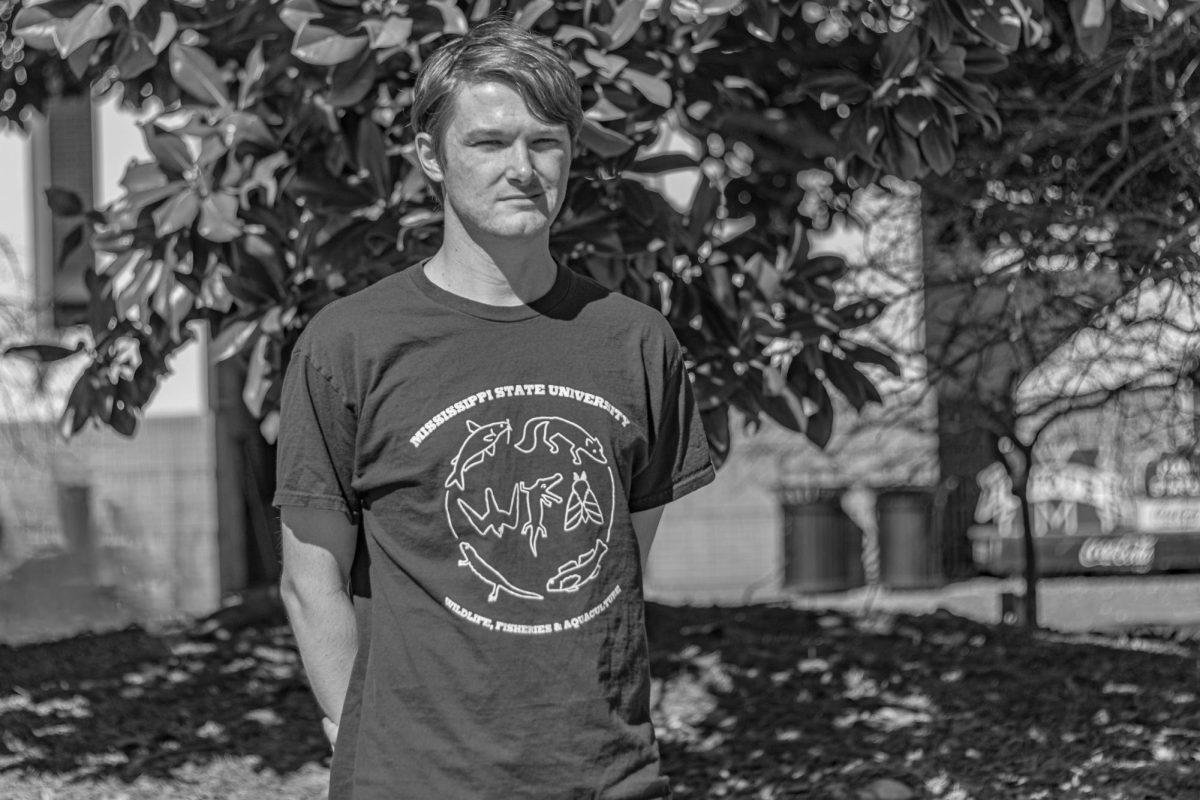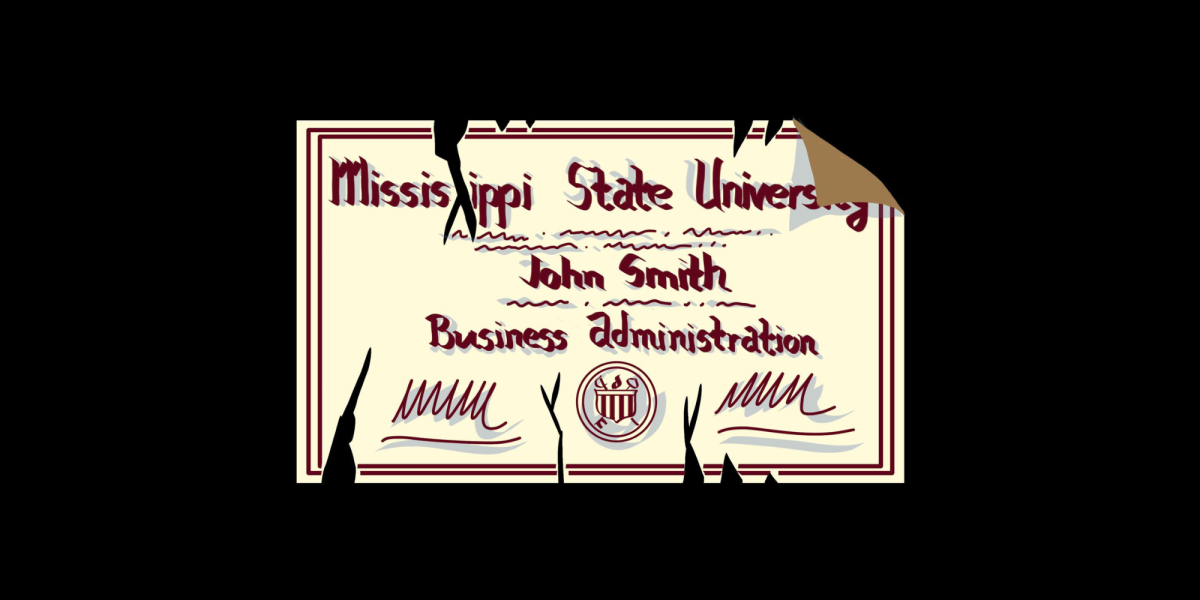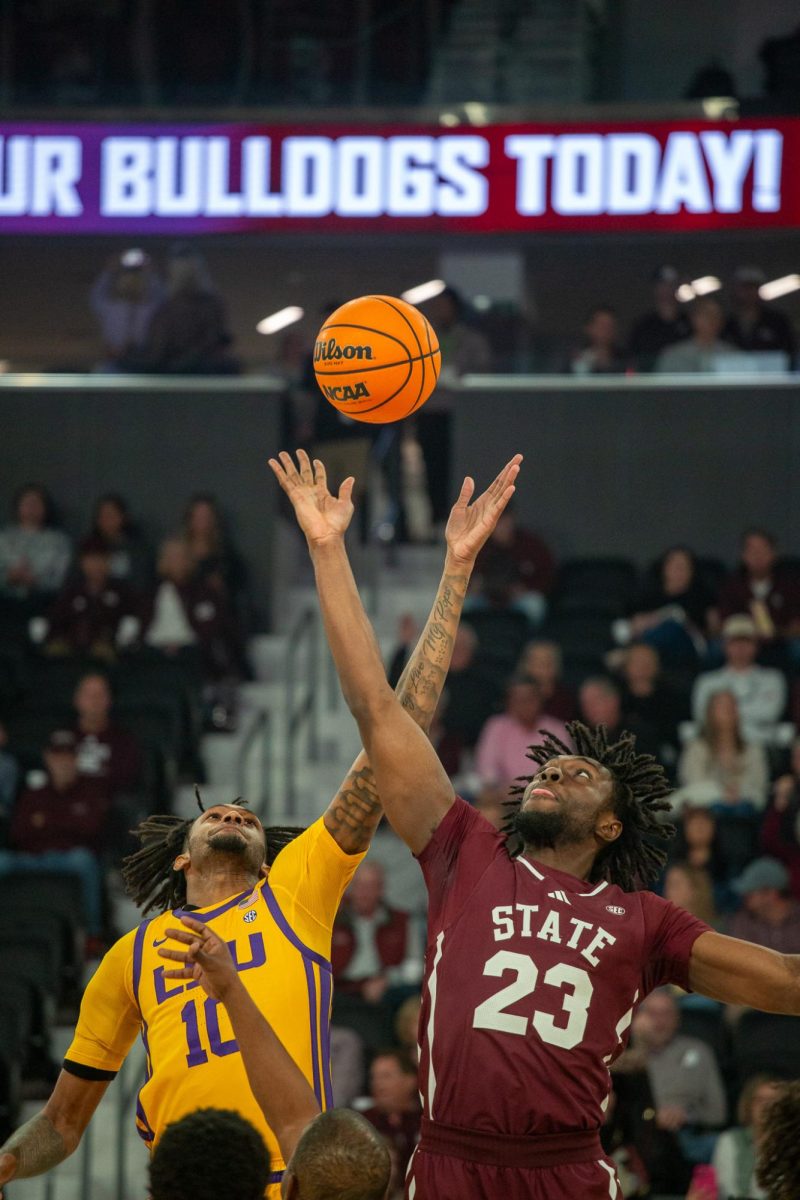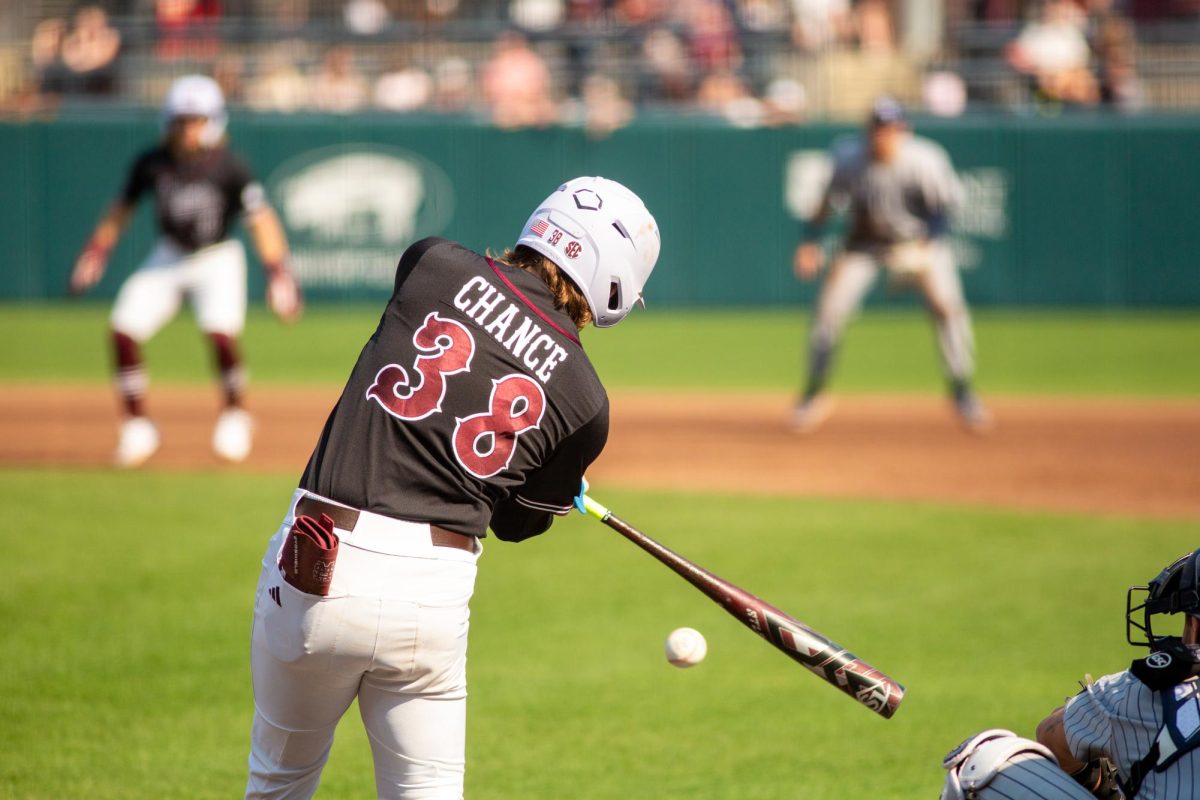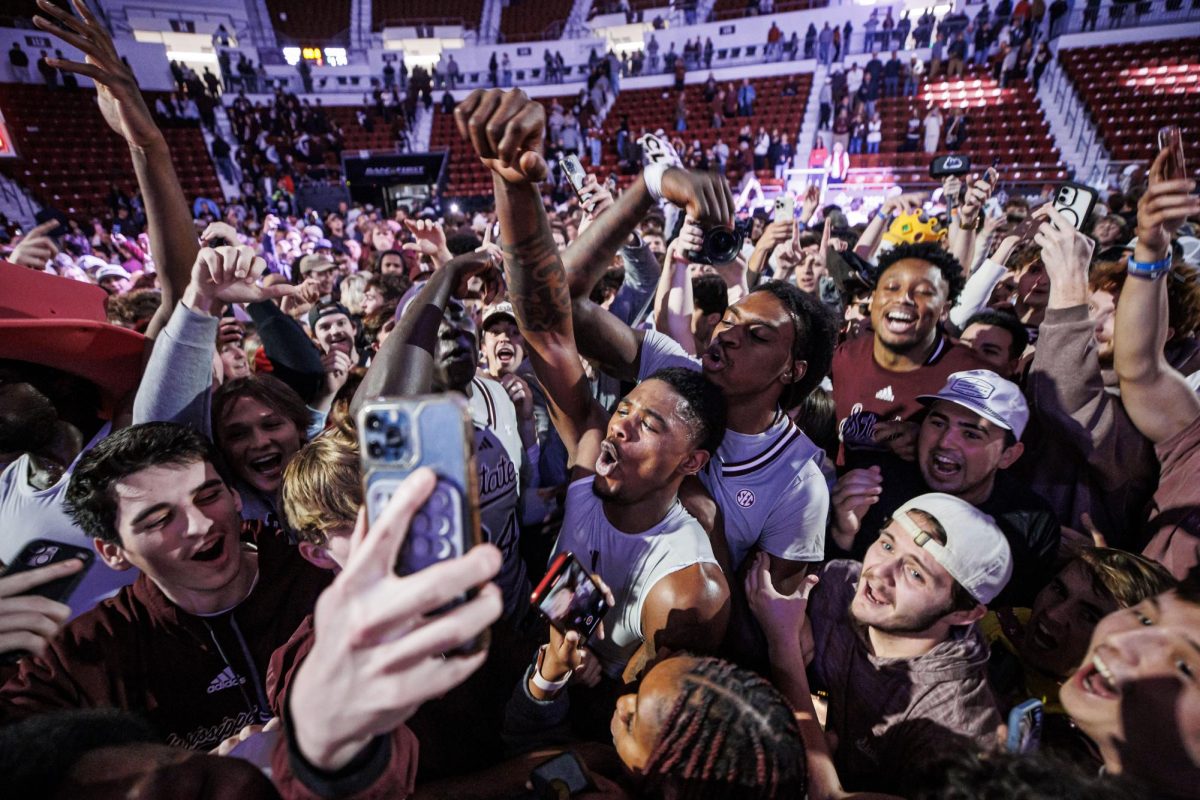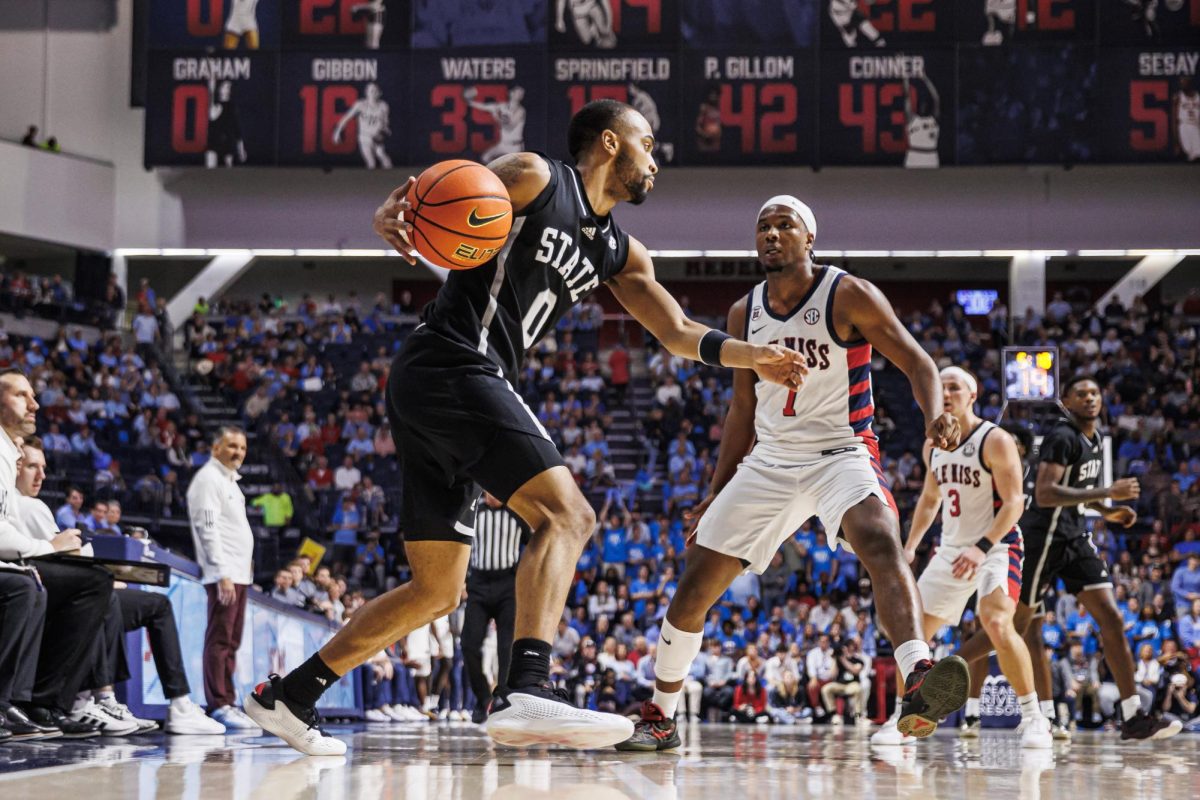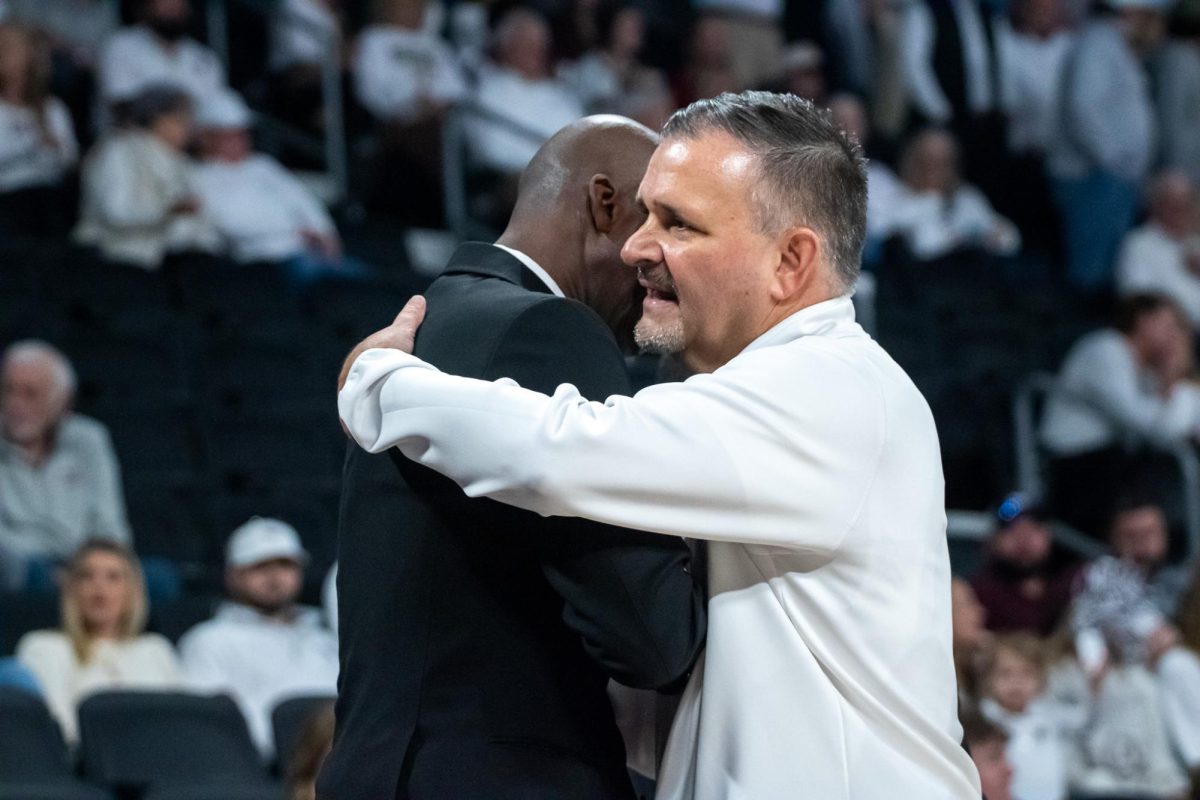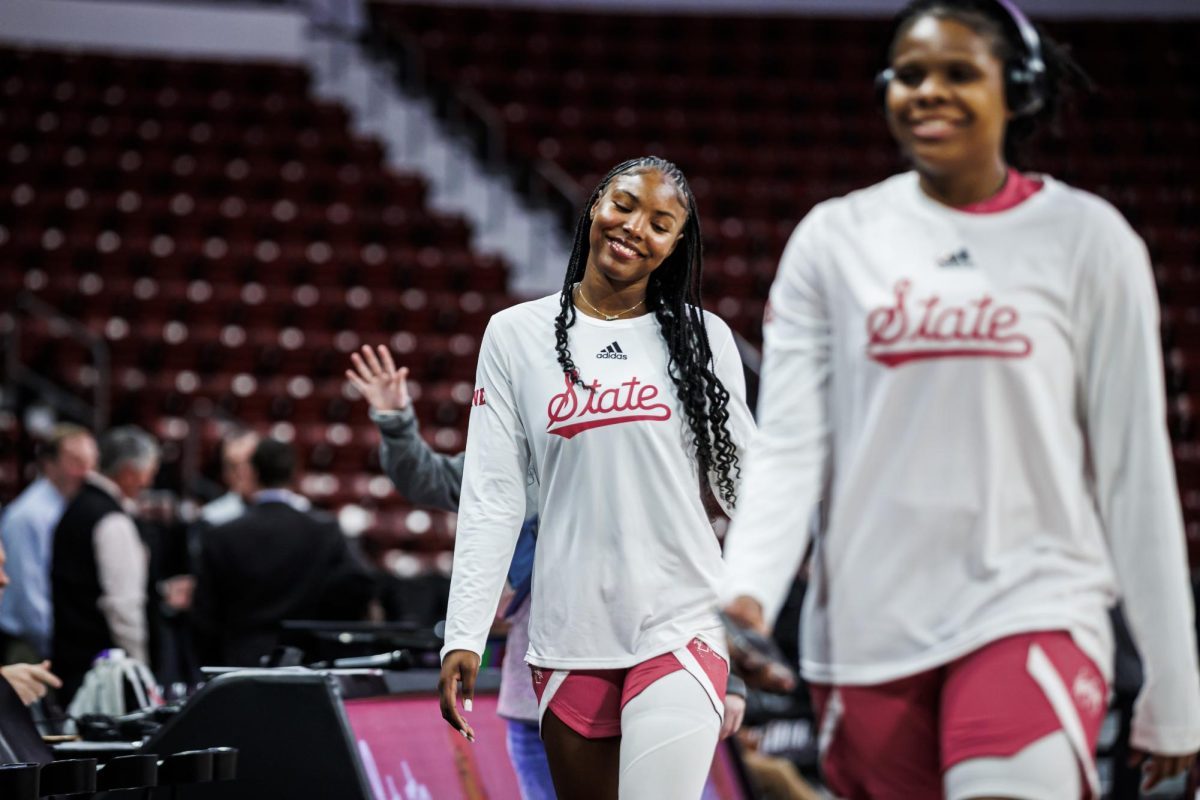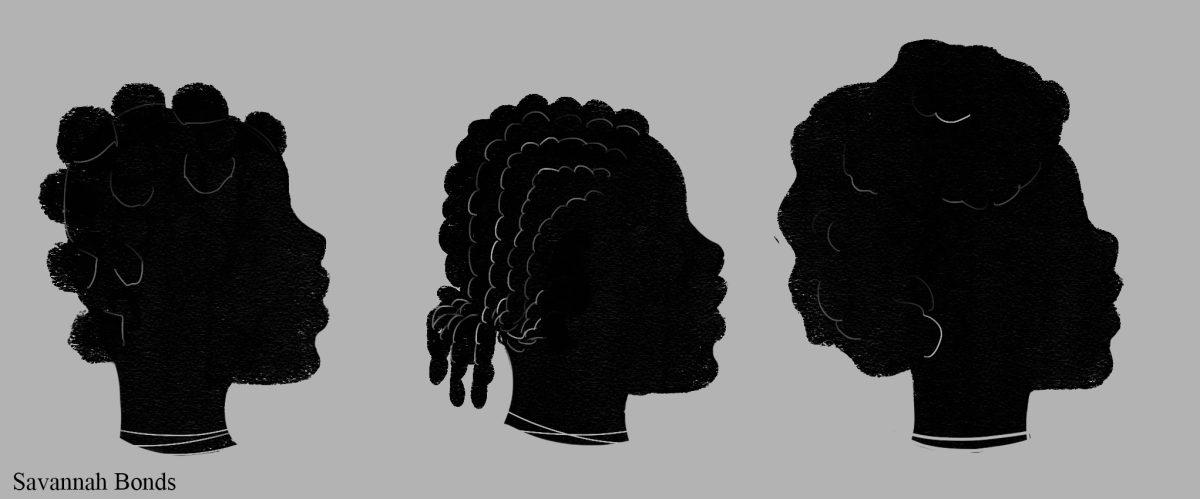Black people have one of the most versatile and unique hair textures with an unlimited number of styles we can pursue. From braids and dreads to afros and relaxers, our hair has evolved over the years to allow us to slay a variety of hairstyles, but as many of us begin to embrace our hair and its versatility, our natural hair texture has become increasingly under attack as many areas of work unfairly consider it to be unprofessional, or even unkempt, compared to the natural, straightened look of many of our racial counterparts. Though efforts, such as petitions and legislations, have been made to end this prejudice against Black hair, schools, media and the workforce within America consistently fail to protect and uplift Black hair, and it continues to go unacknowledged and undefended as more Black men and women are discriminated against for their natural hair texture.
In schools, young girls are already overly disciplined by what they can and cannot wear, but many school districts have now moved on to create regulations which are culturally insensitive and prejudiced against Black hair as well. For example, there has been recent national outrage over hair regulations which overly penalize students. Such instances include the stories of students like DeAndre Arnold who, according to Leah Asmelash at CNN, could not walk at graduation because of his dreadlocks and student wrestler Andrew Johnson who, according to Roman Stubbs at the Washington Post, was publicly humiliated when a trainer cut his dreadlocks before his match, due to a regulation which would have forced him to otherwise forfeit.
Considering schools are intended to be a learning environment which serves as many students’ first introduction to the real world, this type of cultural insensitivity and racial bias should especially be addressed and dismantled, so it is not instilled into these young and upcoming minds, which are bound to shape the future of our society.
The media also encourages prejudice against Black hair by mostly using and portraying Black people with either straight hair or a loose, tamed curl pattern. Conversely, those with dreads and afros are only used in media when an eccentric or unkempt character is needed. Even Google was recently under fire for its extremely racist search algorithm which showed only Black people and their hairstyles when users searched “unprofessional hairstyles” and then showing only white people and their hair when “professional hairstyles” was searched, as reported by Leigh Alexander of The Guardian.
There is also a double standard which unfairly exists in the media’s portrayal of Black hair because even when Black women try to conform to society’s desired look by getting extensions, it often carries negative connotations and descriptions like “ghetto” and “fake,” despite white women being described as beautiful for doing the exact same thing.
Systems as simple as this existing within our society not only encourage the negative stigma and prejudice surrounding Black hair but also reverse the work done to dismantle the racial biases which exist within our institutions.
The CROWN Act, which stands for Creating a Respectful and Open World for Natural Hair, is a California law created in 2019 meant to extend statutory protection against discrimination based on racially targeted hair textures and protective styles. According to their website, “Black women are 1.5 times more likely to be sent home from the workplace because of their hair.” This can be seen close to home in Jackson, Mississippi, with the case of former WJTV news reporter Brittany Noble Jones, who received criticism and eventual termination from her job after switching from straightened wigs and sew-ins to her natural hair texture.
According to Chrissy Callahan of TODAY Style, Noble filed her first complaint about workplace harassment for her hair, and then,”Nexstar informed Noble of the company policy stating that on-air talent could not have ‘shaggy, unkempt’ hair.”
This story is not dissimilar to that of many of Black men and women who have been ridiculed, demoted or even fired for their dreads, curls and natural textures within the workforce due to the institutionalized prejudices against Black hair which considers kinky, curly and more varied styles to be unprofessional.
With legislation like the CROWN Act being passed, there is much hope on the horizon for those facing discrimination for their natural hair. However, progress is very slow with only seven states passing the CROWN Act and other similar legislation and some states even vetoing these types of legislation. Though I highlight the discrimination on Black hair, many other people of color and those of different religions face hair discrimination as well, with another common form being against those who wear hijabs. This is only another form of institutionalized racism and bias existing within the U.S., and these problems of hair discrimination need to be acknowledged and dismantled both socially and legally.

